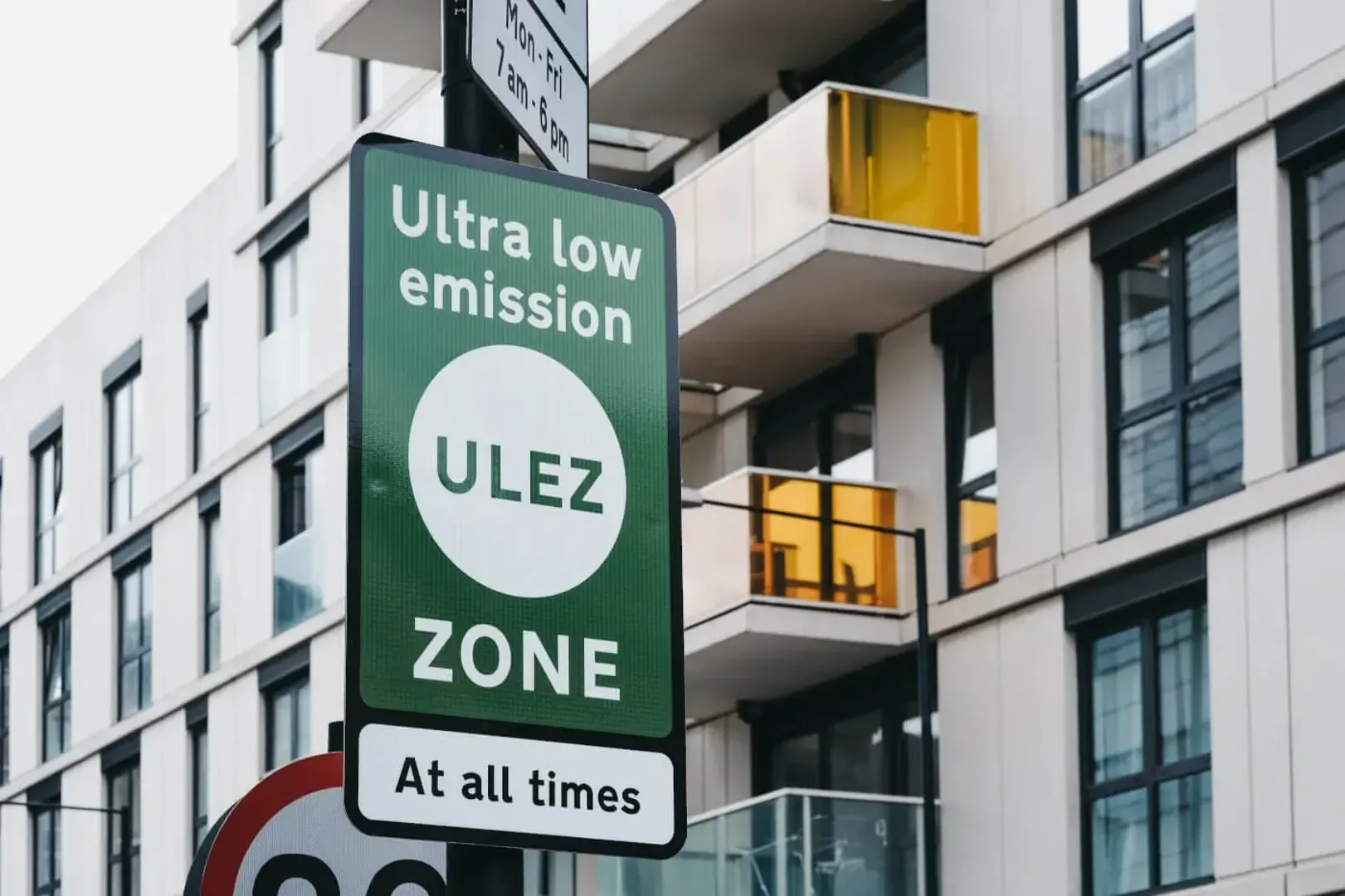
Since the launch of London’s Ultra-Low Emission Zone in April 2019 clean air zones are expanding and moving out of the larger cities. Birmingham and Leeds are set to introduce clean air zones this year with several other major cities proposing clean air zones in the next few years including; Sheffield, Manchester, Warrington, Oxford, Bristol, Bath, Newcastle, Edinburgh, Dundee and Aberdeen. Clean air zones are certainly here to stay in the UK and businesses need to get ready to avoid being charged to enter these zones.
The statistics show that the registrations of diesel vehicles are declining, and more businesses and personal users are choosing to purchase alternative vehicles. According to data from SMMT compared to 2019, January saw a 36% decline in the number of diesel vehicles registered. However there is a debate on whether this trend will continue, the industry outlook 2020 report from the British Vehicle Rental & Leasing Association (BVRLA) explains that whilst there is a growing interest for hybrid and electric vehicles there is still a future for diesel vehicles. Diesel vehicles are evolving and becoming cleaner with reduced carbon emissions, this is encouraging businesses to reconsider diesel for their fleet. Let us know your opinion on the future of diesel on our Twitter or Facebook page.
If you have a number of vehicles that do not meet the emission standards, then it can be difficult to decide what to do when your drivers are required to travel into these areas on a regular basis. The Clean Vehicles Retrofit Accreditation Scheme (CVRAS) has been designed to help business adapt to the new clean air zones.
Clean Vehicles Retrofit Accreditation Scheme (CVRAS)
This scheme is designed to adapt vehicles that don’t currently meet the emission standards, this allows fleet managers to invest less but still avoid the charges associated with clean air zones. Some local authorities have grants available to help businesses with this transition. We recommend you take a look at your local authorities’ website to see if your business is eligible for grant. As part of the CVRAS scheme businesses will need to make sure the work done by an approved CVRAS supplier. The energy savings trust provides a list of the approved suppliers that can carry out the retrofitting.
There is support available to help businesses transition their fleet to meet the emission standards required not to be charged in a clean air zone. The energy savings trust website has a fleet management toolkit available to help businesses discover the right options and support in their area.
You can also see more information on the current clean air zones, timings of these and if they are likely to impact on your business by checking out the government information on clean air zones.


